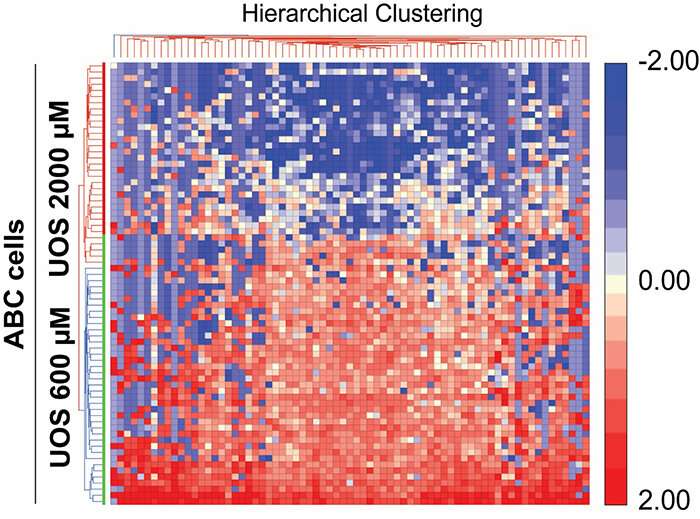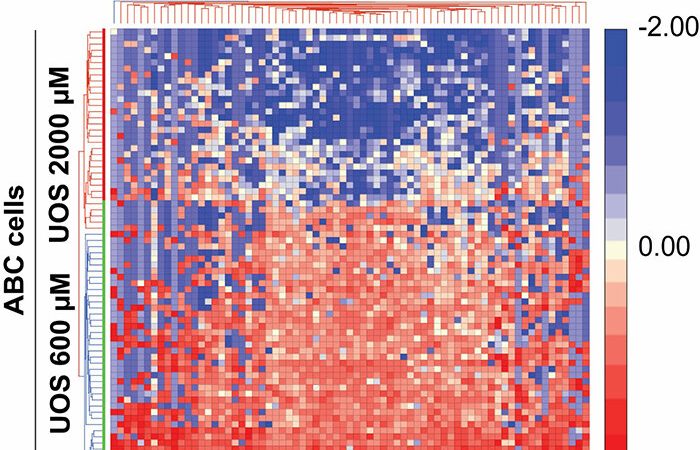
Under the direction of Boyd Professor Nicolas Bazan, MD, Ph.D., scientists at LSU Health New Orleans Neuroscience Center of Excellence have developed a new, experimental human cell line from retinal pigment epithelial cells. Called ABC, these cells so closely resemble and retain the properties of native retinal pigment epithelial (RPE) cells, the research team has shown that they are a reliable cell system to study retinal degenerative diseases. Their findings are published in Frontiers in Neuroscience.
Retinal pigment epithelial (RPE) cells serve as part of a blood/retina barrier. They protect the integrity of photoreceptor cells critical to vision.
“Retinal pigment epithelial cells and photoreceptor cells are at constant risk for uncompensated oxidative stress because of their oxygen-rich environment, high flux of polyunsaturated fatty acids and high metabolic activity,” notes Dr. Bazan. “Impairments in RPE cell protection may lead to retinal degenerative diseases, including age-related macular degeneration (AMD).”
The new cell has allowed the study of events relevant to the biology involved in the normal repair process, which eliminates cell structures damaged by oxidative stress.
“This new cell line also facilitates the search for mechanisms of senescence gene programming and the unraveling of the relationship between these mechanisms in the normal cycle of a cell for neuroprotection and cell survival,” Bazan adds.
According to the Library of Medicine, “Age-related macular degeneration (AMD) is the most common cause of blindness prevalent in developed countries, particularly in people older than 60 years. It accounts for 8.7% of all types of blindness worldwide.”
There may be additional benefits of this new cell line.
Source: Read Full Article
